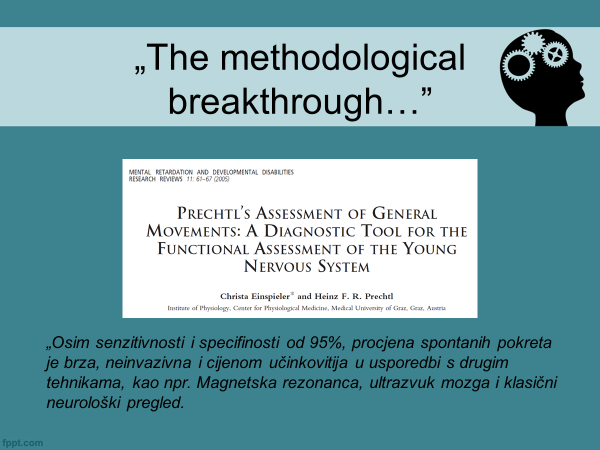News
BBC ON THE TECHNOLOGICAL REVOLUTION IN MEDICINE IN THE SOUTHEAST EUROPE
03/05/2023

Hippocratic
After researching the habits of Serbian users of the healthcare system and discovering that more than 80% of patients looking for the services of private clinics thoroughly research them online, the authors of this app developed a Bookinglike platform for medical services. All relevant information about individual private polyclinics, such as the previous experience of patients (which turned out to be the most crucial selection criterion), were linked in one place.
LittleDot
Another Croatian product, the LittleDot app, provides dozens of pediatricians, neurologists, psychologists, surgeons, and other specialists with whom you can communicate after registration. The platform is not intended as a diagnostic or treatment center but exclusively as a counseling tool.
SENDD
While all the apps mentioned above have in common that they connect patients with doctors through technology, SENDD went a step further in its development - using AI as a diagnostic tool that helps neuropediatricians in the early detection of neurodevelopmental deviations.
During this media appearance, Tomislav Strgar reflected on how SENDD turned something usually problematic in the telemedicine field into one of the most essential characteristics of the SENDD AI platform.
"When this examination is done in institutions, the question is whether the baby will demonstrate movements of sufficient quality in front of the doctor for analysis - that's why we, with the help of our partners at the Doctor Sabol Children's Clinic, decided to move the process from the doctors' office directly to the crib," he explained to journalists from the BBC. "Thanks to SENDD, babies no longer have to go to the hospital for this examination. There are no sensors or scanners to irritate them. In addition to being easier for parents and babies, it is also easier for doctors because they can perform this type of examination anywhere. They only need a few short videos recorded during the second half of the first trimester of their baby," argues Strgar.